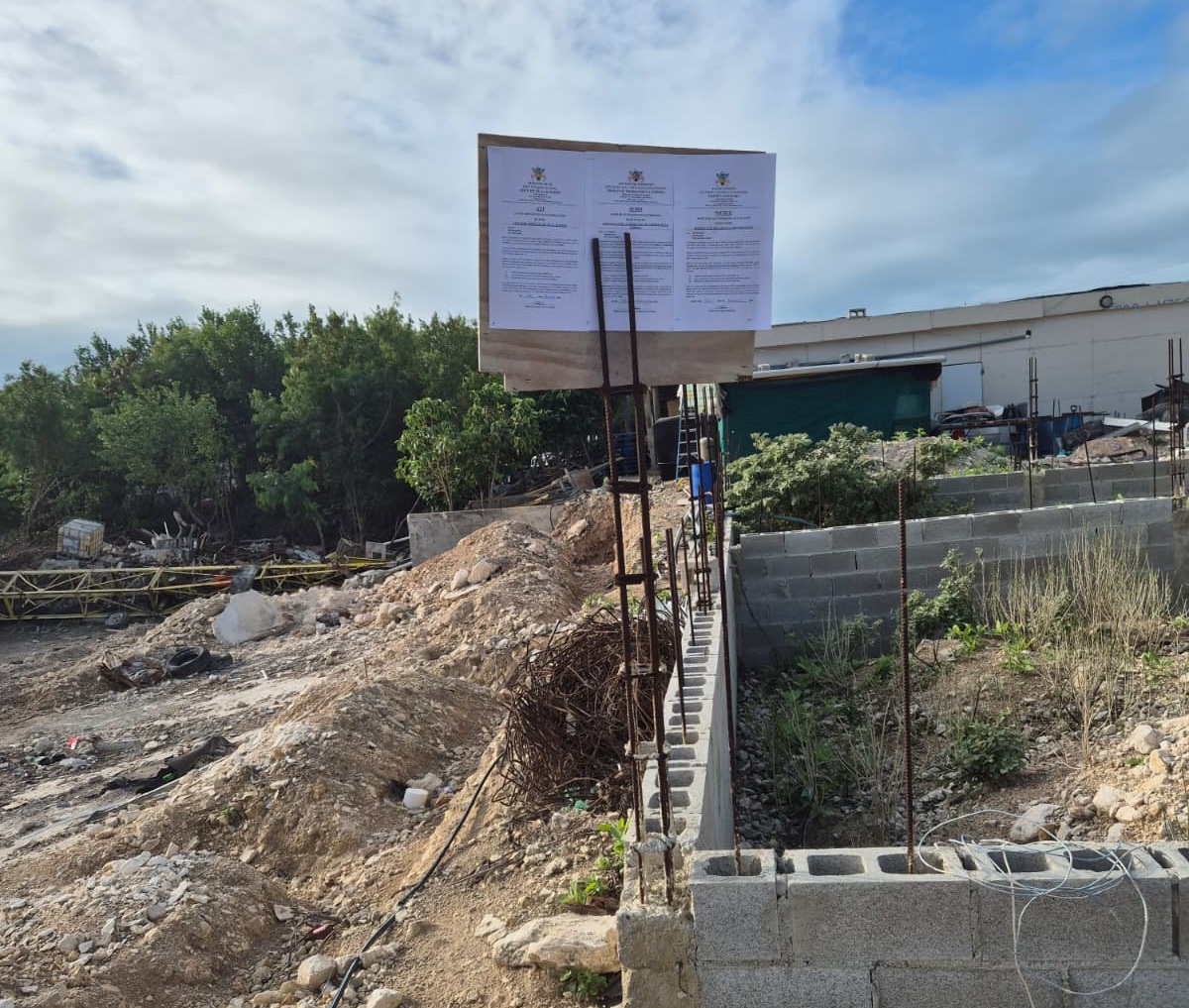#TurksandCaicos, July 20, 2022 – Shocked but not surprised. This is how I would describe the amount of outgoing remittances from TCI. I never grasped the gravity nor the dynamics of these independent financial outlets until recently. This sector continues to evolve, but not necessarily in the best interest of our country.
Financial remittances have long been recognized as an important developmental vehicle associated with migration. It is commonly known as the money or goods that migrants send back to families and friends in countries of origin.
Remittances is a very lucrative business and over the years has been an integral part of the Caribbean culture. It could also be considered a major contributor to the economies in the region.
I would imagine, for some countries, remittance flows for many migrant families can become an economic lifeline.
New platforms such as online transfer services, digital wallets and mobile money applications are becoming more and more prevalent. With these online platforms, it will be even more difficult to monitor the true outflow of remittances.
remittances.
In the latter part of 2019, the Financial Services Commission(FSC) website provided information from three institutions and the numbers were staggering. The institutions are CAM, NCS eMoney Services (which operates as MoneyGram) and The Money Centre by Fidelity, which is also known as Western Union. Vigo®, a Western Union money transfer brand.
According to a report published in 2021 by TCIsun newspaper, despite the downturn in the economy, in 2020, a staggering $105 million USD was sent out of the Turks and Caicos Islands through money transfers.
The FSC figures revealed, the majority of the transactions, $36.3 million was sent to Haiti, followed by $26 million to the Dominican Republic, $11.4 million to Jamaica, $10.3 million to the Philippines, $1.3 million to the Bahamas, $1.2 million to the United Kingdom (UK), $9 million to the United States of America (USA) and $8.1 million to other countries.
Haiti and the Dominican Republic were again the largest receivers of outbound funds, together accounting for over 50 percent of the figures.
Most remittances are primarily used for consumption, including, for instance the purchases of food, consumer goods, health care and housing. However, based on the significance of the cash outflow in addition to the increase in illegal immigration, it calls into question the relationship between illegal entry and outgoing remittances.
Due to privacy laws and the way data is collected and reported, it may not provide as much information to identify the true receivers and end users. With the level of outgoing financial activity, it makes our local banks look like check checking centers or staging area before transfer.
It would be intriguing to see what the remittance figures represented in terms of the impact on total gross domestic product (GDP) for TCI.
As a country, how do we slow down the outflow of funds precisely at a time when we want individuals and businesses to get out there and spend, so more of the money is circulating within our own economy?
As a way to heighten more awareness around this issue, why not set up a think tank committee to conduct a comprehensive study? This could help to determine the driving force behind immigrants not wanting to reinvest a larger portion of their earnings in TCI.
Generally speaking, owning real estate is a sign of progress for many immigrant families. Perhaps, the hesitation to invest in this area could be in part due to some local land owners allowing squatting for a nominal fee.
Furthermore, the lack of adequate code enforcement and or allowing low accommodation standards in the country, this makes it easier for renters to live in substandard housing.
As a result, there is no compelling need for any real individual investment, while allowing more money to be sent out of the country.
In my opinion, it goes right back to the fundamentals, failure to set strict industry standards, improving housing regulations and inspecting what is expected etc.
Would a more comprehensive immigration reform benefit in one form or another in terms of citizenship eligibility?
Offering Amnesty or any sort of immunity is a quagmire for any country. Although, I believe at some point it will become inevitable in TCI. This is one way to ensure the working class is paying their fair share into the system to offset medical expenses and the cost of other social services.
With TCI recently introducing a new form of indirect taxation, it is evident that the money transfer sector would be a prime source from which the Ministry of Finance can consider increasing levy on.
The last report that was made available by TCI FSC, the vast discrepancy between total inflows and total outflows underscores the shortcomings of remittance data, and leaves one to believe the loyalty to our country for some is rather marginal.
What would be even more impactful is, if Government required more transparency on these institutions, like source of funds etc.
Albeit, this will need to be accross the board, to include white-collar workers and capitalist who move money freely through bank wire transfers and drafts.
With TCI having a free enterprise market, pundits would argue there are a plethora of reasons why this would be socially unjust to foreigners.
Consequently, at the end of the day, you can’t have your cake and eat it too.
I concur with a recent statement made by Premier Washington Misick, in which he said “The TCI has to develop a robust internal economy that allows money to pass through as many hands as possible”. To his point, this is not happening.
The government must create an enabling environment to encourage work permit holders and other foreign nationals to stem the outflow of remittances so more of the money is spent toward productive sectors of our economy.
The burning question is, do we have a bold enough politician with the political will to introduce such initiative in the house of assembly?
My final thought is, in order to leverage the true development benefits of financial and social remittances, a comprehensive and in-depth financial analysis must be done.
I’m afraid that without the ability to reign in this level of outflow activity, over time, it could become damaging to our country’s competitiveness in the world market place or the broader economy.
Ed Forbes,
Concerned citizen of Grand Turk


 Bahamas News1 week ago
Bahamas News1 week ago
 Health1 week ago
Health1 week ago
 News5 days ago
News5 days ago
 Caribbean News1 day ago
Caribbean News1 day ago













